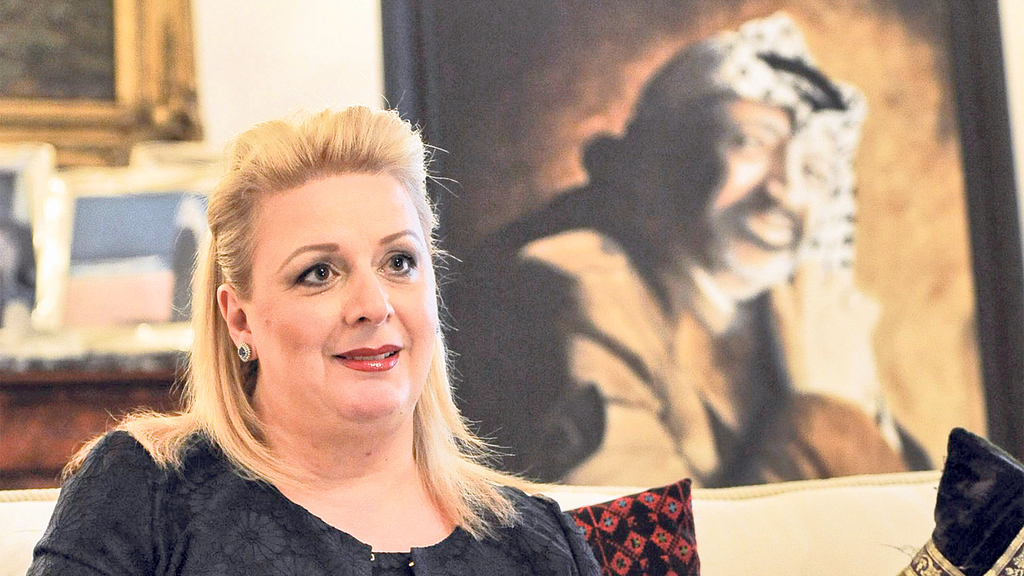The European Court of Human Rights on Thursday dismissed a case brought by the widow and daughter of Yasser Arafat, who have claimed the former Palestinian leader's death was the result of poisoning.
Suha El Kodwa Arafat and Zahwa El Kodwa Arafat, who are French citizens, filed their case with the Strasbourg-based European court in 2017 after French courts dismissed their claims.
Arafat died at the Percy military hospital near Paris aged 75 in November 2004 after developing stomach pains while at his headquarters in the West Bank city of Ramallah.
Many Palestinians accuse Israel of poisoning Arafat, a charge flatly denied by the Jewish state.
But in 2012 his widow, Suha El Kodwa Arafat, said traces of the radioactive isotope polonium 210 had been found on his clothes, prompting a French lawsuit alleging his murder.
After a series of analyses and witness interviews, a court in Nanterre, west of Paris, dismissed the case, a ruling upheld on appeal.
Lawyers for Arafat's widow said the investigation had been “fundamentally biased” and accused the judges of closing the probe too quickly.
Arafat's wife and daughter turned to the European court in 2017, saying they had been refused their right to a fair hearing, in particular a refusal of their request for an additional expert report on his death.
In a unanimous decision, three judges said that after reviewing the case, “at all stages of the proceedings the applicants, assisted by their lawyers, had been able to exercise their rights effectively”.
“Judges did not appear to have reached arbitrary conclusions based on the facts before them and their interpretation of the evidence in the file or the applicable law had not been unreasonable,” they added.



